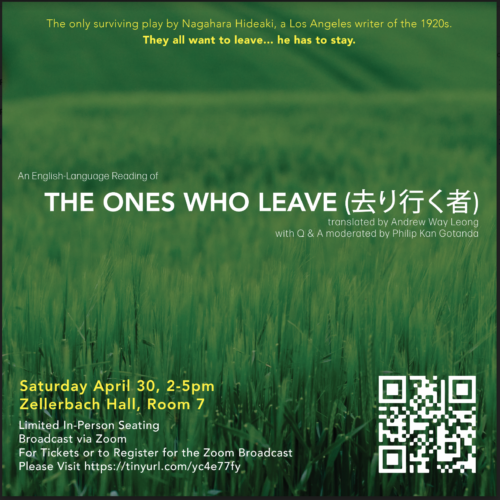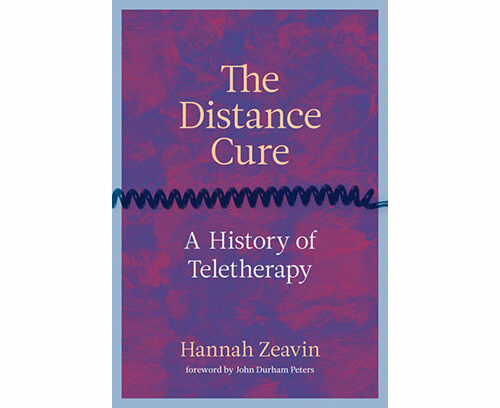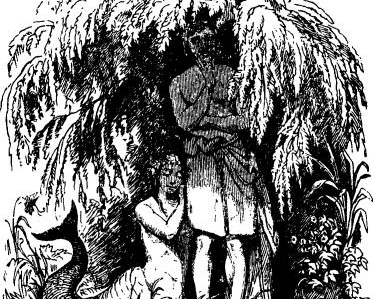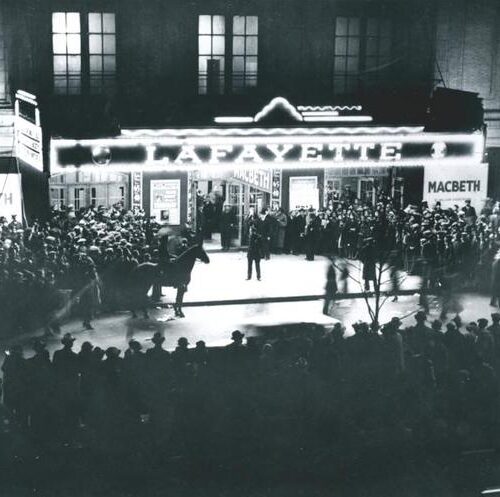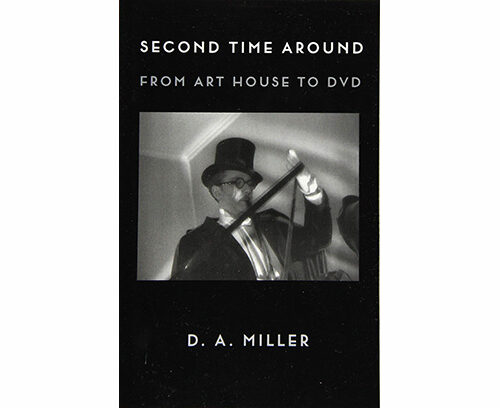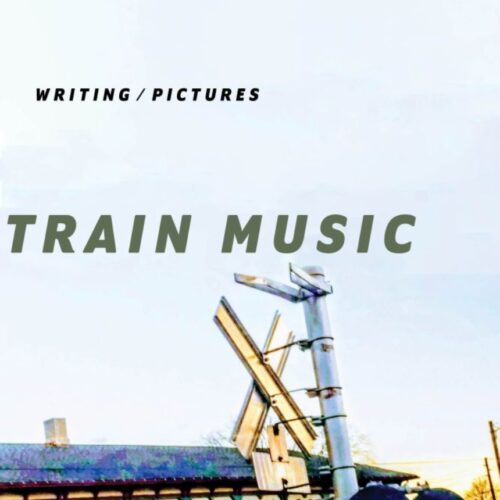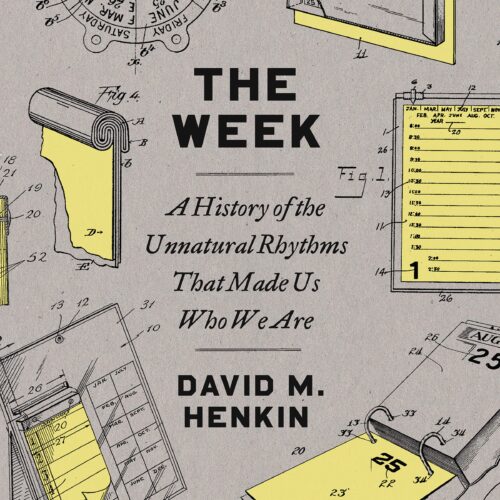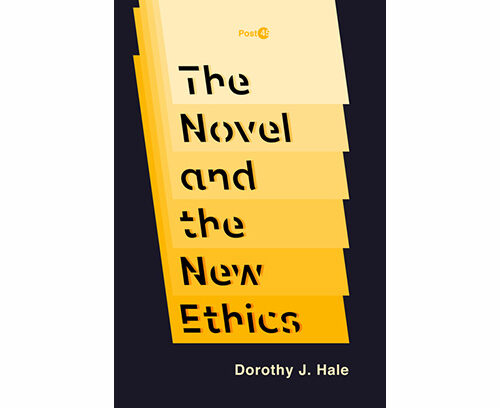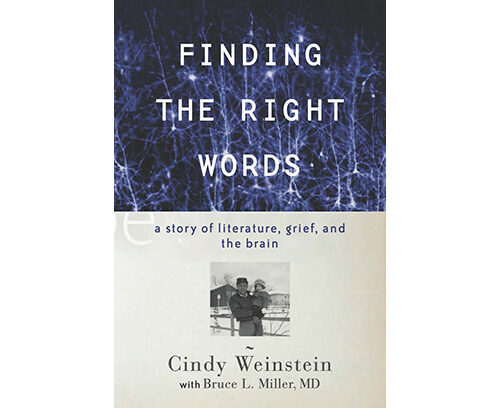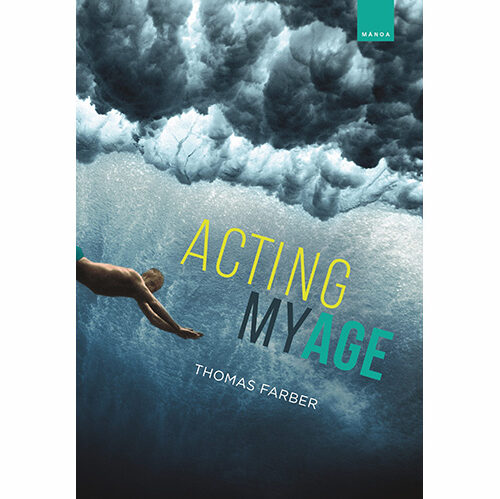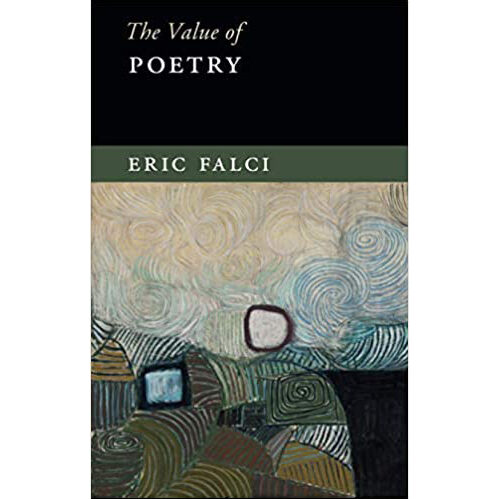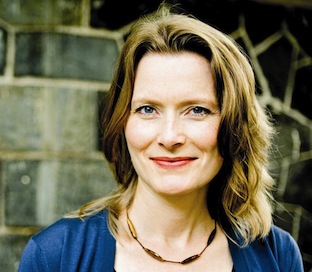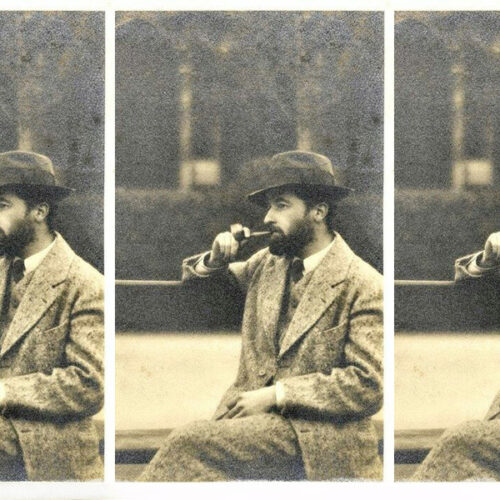April 30 | The Ones Who Leave by Nagahara Hideaki
A Stage Reading of Nagahara Hideaki’s –The Ones Who Leave– translated by Andrew Way Leong with Q & A moderated by Philip Kan Gotanda. About this event The Ones Who Leave (Sariyukumono, 去り行く者, 1927) is the only surviving play of Nagahara Hideaki, a Los Angeles-based author who wrote for a Japanese-language audience in the mid-1920s. The Ones Who Leave depicts the struggles of the...

